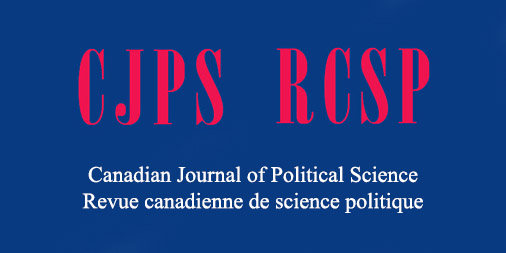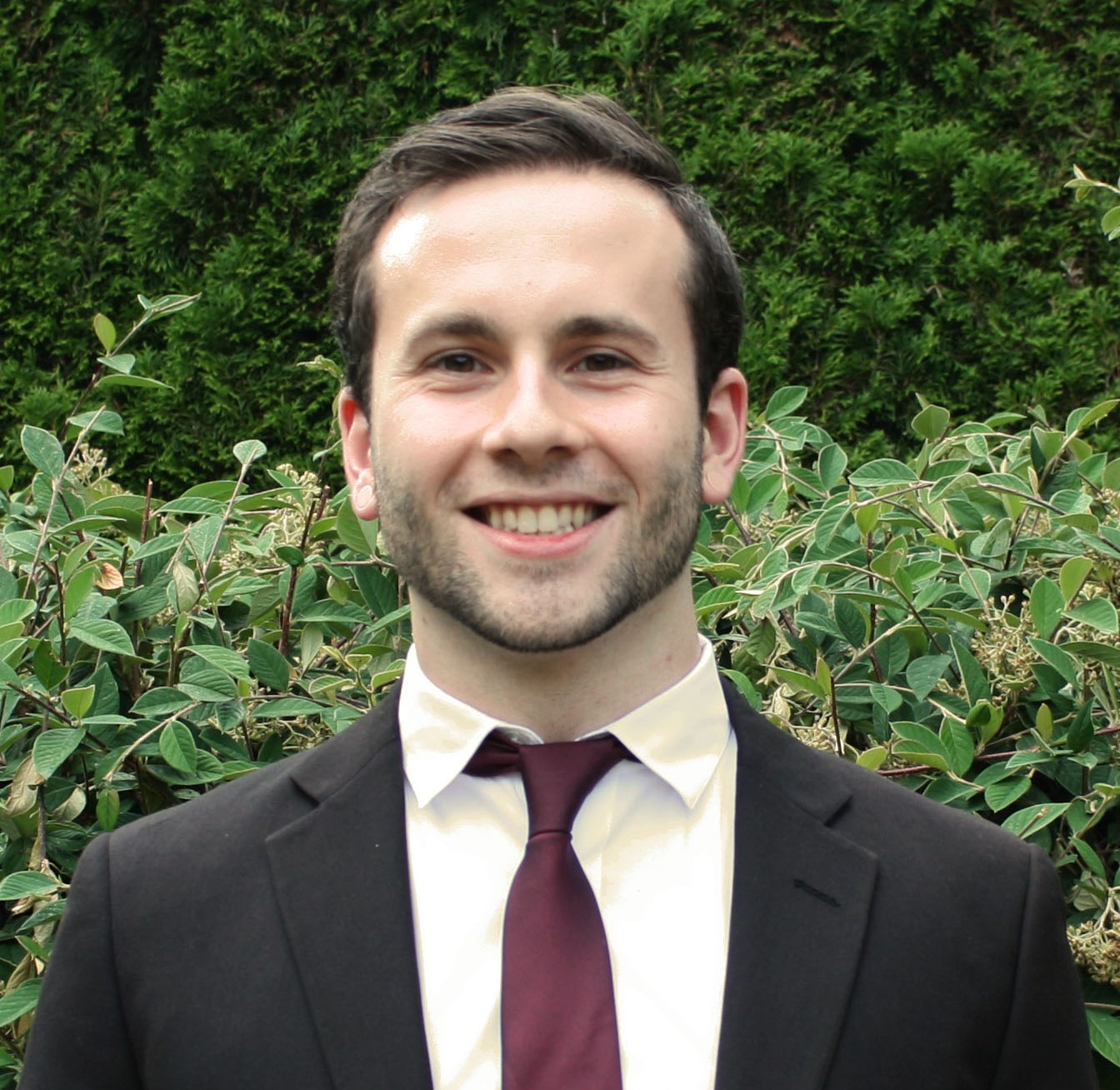

Charis Kwan, BA
Charis is currently a second-year law student at Queen’s University with a Bachelor of Arts in Political Science from UBC.
Throughout her studies, Charis developed a strong interest in public service and advocacy, which led her to work at Queen’s Legal Aid, as well as the Queen’s Family Law Clinic that assist under-privileged clients. There, she gained hands-on experience managing diverse files, representing clients in hearings, and navigating tribunal and court proceedings.
In the upcoming summer, Charis will be working at the Civil branch of the Crown Law Office in Toronto. She encourages UBC Political Science students to explore opportunities that align with their interests and challenge them to grow, as they are invaluable in building the skills and confidence needed for a meaningful career.
How did your POLI degree prepare you for your current profession?
My Political Science degree prepared me for law school by strengthening my reading, writing, and analytical skills. Majoring in political science required me to critically engage with complex readings, construct well-reasoned arguments, and communicate them effectively, all of which mirror the demands of law school. Additionally, a full-time course load helped me cultivate a sense of self-discipline and time management skills. This combination of skills and habits provided a solid foundation for navigating the challenges of law school.
Were there any courses or extracurricular experiences (POLI-focused or otherwise) that you completed while at UBC that helped you realize that law was the right post-graduation pathway for you?
A standout course for me was HIST 414/CDST 350B (Constitutions in Canadian History: From Pre-Contact to the Charter of Rights). Although this was primarily a history course canvassing the evolution of the Canadian Constitution, it also offered the opportunity to examine the legal role the Canadian Constitution plays in our society as the supreme law. The course readings included court rulings on landmark cases, offering a preview of the kind of analytical thinking required in law school. Discussions in tutorials also gave me a practical opportunity to reflect how legal principles are applied in real-world cases, as well as how courts interpret statutes and precedents.
Another influential course was POLI 302A (Public Administration). This course explores the role of the modern bureaucracy in Canadian governments, examining its relationship with political officials and the complexities of intergovernmental and collaborative governance in policymaking. It provided insights into the practical challenges of governance, such as balancing competing interests and ensuring accountability, which are closely tied to the legal field. The critical analysis of case studies and policy frameworks enhanced my ability to think strategically about legal and bureaucratic issues, and it deepened my appreciation for the role of law in shaping the Canadian political landscape.
What is something that excites you about the work that you do? What is something that challenges you?
One of the most exciting aspects of my work is the opportunity to make a meaningful impact in clients’ lives, particularly for those who face significant barriers to accessing justice. Whether it is helping someone navigate complex legal processes or advocating for their rights, it is deeply rewarding to know that my efforts can help alleviate their burdens and create positive outcomes. One of my most memorable experience was helping a client win an appeal in applying for Ontario Disability Support Program benefits.
However, one challenge I have encountered is reconciling the limits of the law in addressing broader societal issues. While litigation is a powerful tool for resolving disputes and enforcing rights, it is not always equipped to address the root causes of many problems, such as poverty or systemic inequality. My degree in political science was instrumental in helping me understand the gaps that exist between governance and law and how policies and governments interact within a larger ecosystem. This perspective has been valuable in my legal work, as it encourages me to approach cases with a holistic understanding of the broader socio-political context and consider non-legal solutions alongside legal strategies.
If you could offer a piece of advice to your undergraduate self—knowing what you know now about your chosen post-graduation pathway—what would it be?
Have confidence in yourself and fully embrace UBC’s motto, “Tuum est” (It is yours). Take ownership of your learning journey and trust that you have the ability to shape your own path. Explore courses and opportunities that genuinely interest you, even if they are outside your comfort zone, and remember that growth often comes from challenges. Finding these experiences will not only make your undergraduate experience more rewarding but will also prepare you to navigate your post-graduation path with a sense of purpose.
Can you recommend any resources that might help undergrads answer the question, “Is working in law the right post-graduation pathway for me?”
I recommend gaining hands-on experience through volunteering with organizations like Pro Bono Students Canada. Volunteering allows you to see firsthand the type of work involved in the legal field and can give you a sense of the impact lawyers can have in the community. This practical experience can help you determine if law aligns with your interests and values.
For senior undergraduates, I suggest signing up for an account on LawHub, particularly if they intend to take the LSAT. It offers some LSAT practice tests, and the lessons introduce the critical thinking and reasoning skills required for law school. Engaging with these resources will give you a clearer picture of what pursuing a legal career might entail and hopefully help you make an informed decision about your future.
If current POLI undergraduate students have additional questions about pursuing a career in law, can you provide your LinkedIn URL?
I am not very active on LinkedIn, but students can contact me through email at charis.kwan@queensu.ca if they have more questions.


